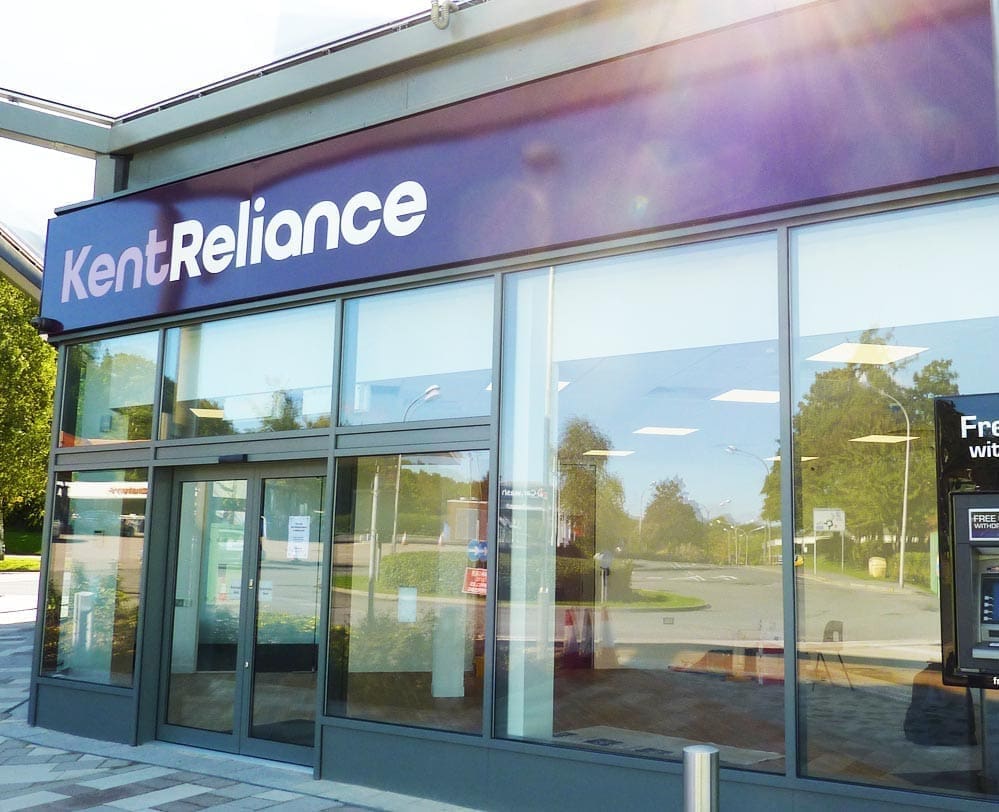When was the last time you booked a taxi ride home using your mobile phone? Or ordered some food from your favourite takeaway? Or had something delivered less than 24 hours after buying it online?
You probably clicked on the ‘order now’ button without giving much thought to the person providing you with the service, but the chances are it was actioned by one of the millions of people in England and Wales who regularly work for a gig economy platform.
If you’re not familiar with the term, platform work covers a wide range of jobs, such as taxi and delivery drivers, that are found via a website or app and accessed using a smartphone, laptop or other internet-connected device.
And while the rest of the economy has been hit by the COVID-19 pandemic, platform work is one area which has experienced huge growth in recent years.
The growth of the gig economy
According to research by TUC, the number of people working in the gig economy has nearly tripled in England and Wales over the past five years*.
TUC’s research has found that around three in 20 (14.7%) working adults now work via a gig economy platform at least once a week, compared to around one in 20 (5.8%) in 2016 and just over two in 20 (11.8%) in 2019.
That means 4.4 million people in England and Wales work a job in the gig economy at least once a week. In addition, almost a quarter (22.6%) of workers say they’ve done platform work at some point, up from 11.5% in 2016.
Why clients with multiple sources of income could struggle to get a mortgage
In the gig economy, instead of a regular wage, workers get paid for the ‘gigs’ they do, allowing them to work two or more jobs and benefit from multiple sources of income.
However, the flipside of this is that they could find lenders are often unwilling or unable to offer them a residential mortgage.
Many high street lenders could be less willing to take what they see as a risk on those with non-standard income due to the variable nature of their earnings and what they consider to be the complex nature of their finances.
How Kent Reliance for Intermediaries could support
Fortunately we understand that every residential case could be different and while some lenders may not be able to support, we see the potential.
Our strength lies in our common-sense approach. With a willingness to consider cases that fall outside of standard criteria and the ability to be flexible with our income multiples, we could provide solutions for even the most complex of scenarios.
Take our approach to clients with multiple sources of income, for example. We consider multi-source income from employment, self-employment or a combination of both, and we could consider 100% of secondary income in many scenarios.
Our residential mortgages start from 3.24% and are available up to 90% LTV. Clients can choose from fixed and percentage fee products which are available for purchase and remortgage, including day one remortgages and there’s no maximum loan size on selected products.
What’s more, our business development managers are empowered to support you, so even if a case doesn’t fit our standard criteria, they’ll work with you to provide a tailored solution.
To find out more about how Kent Reliance for Intermediaries could assist, take a look at our residential product guide. Alternatively, you can speak with your local business development manager, contact our broker liaison team on 016347 888276 or speak with us via Live Chat.




